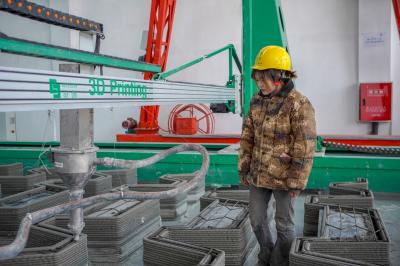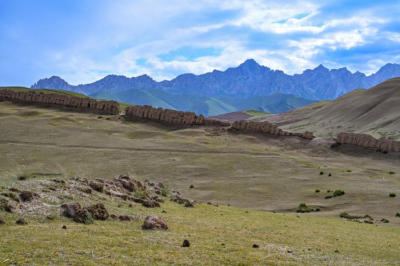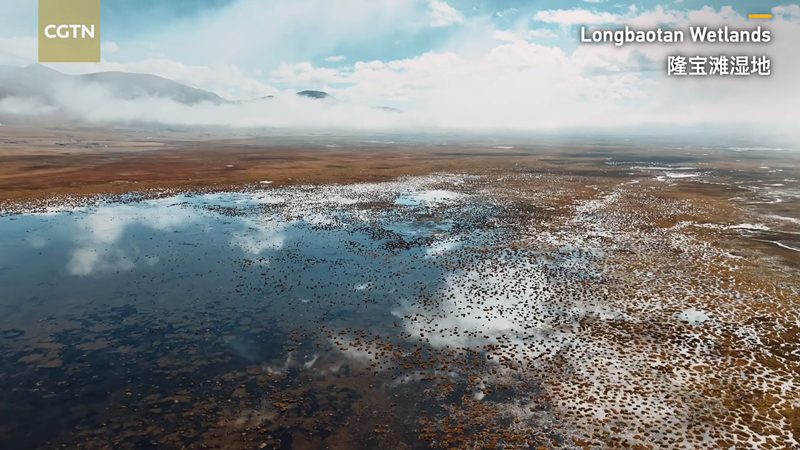July 8, 2016 -- Overseas experts and scholars have been impressed by the development of Tibet whilst sightseeing before the opening of the 2016 Forum on the Development of Tibet.
More than 130 scholars and experts from more than 30 countries and regions attended the forum today in Lhasa, capital of the Tibet autonomous region. It is hosted by the State Council Information Office and the Tibet autonomous region government.
Before the forum's opening, the participants visited Lhasa and nearby areas, including cultural relics such as the Potala Palace.
Ahmed Zarif Alkadi, who teaches Chinese at Egypt's Minia University, said it was his first trip to Tibet, and that he was amazed by its beautiful natural scenery.
He has visited many places, including monasteries in Lhasa and a nearby village, in the past few days, he said.
He also considered Tibet different to what he thought it was back in Egypt.
"In Egypt we had little information about Tibet and I knew Tibet mostly from novels, and Tibet is depicted as a primitive place of isolation," Alkadi said, in Chinese.
"But here I have found a lot of modern elements, and people here are plain and kind."
Jim Stoopman, program coordinator at Brussels' European Institute for Asian Studies said it was his second visit to Lhasa and that he had seen incredible changes in the city compared to his last visit in 2010.
"It starts with the road from the airport to the city," he said, adding that it had been new, but there was mud when he first visited the city.
He also said he saw many new apartment buildings this time and also visited agricultural farms and monasteries in the past few days.
"I think the central government in China is trying its best and putting all efforts to develop the region and livelihood of the people," he said. "We've seen some examples in the past few days. Tibet is really developing and people are moving out of poverty. It's easier for minorities to go to universities, to enjoy good primary education, and to learn their languages."
Nikhil Agarwal, a senior correspondent at the Kolkata Bureau of Press Trust of India, said China had fulfilled its commitment to protect Tibet's fragile ecosystem, which is reflected in the fact that Tibet's forest coverage has increased from less than 1 per cent of the land area in the 1950s to the current level of 11.98 per cent. Protection of rare species, such as red deer and Tibetan antelope, has been successful, Agarwal said.
|
- Home
- News Tibet |Exclusive |China |World |Related News |Latest
- Documents White Papers |Others
- Photo Politics |Economy & Society |Culture & Religion |Human & Nature |Beautiful Tibet |Other Tibetan-Inhabited Area |Exchanges |Related
- Video News |Documentary |Micro-Video |Entertainment
- Art
- Tourism
- In Focus
- About Tibet






